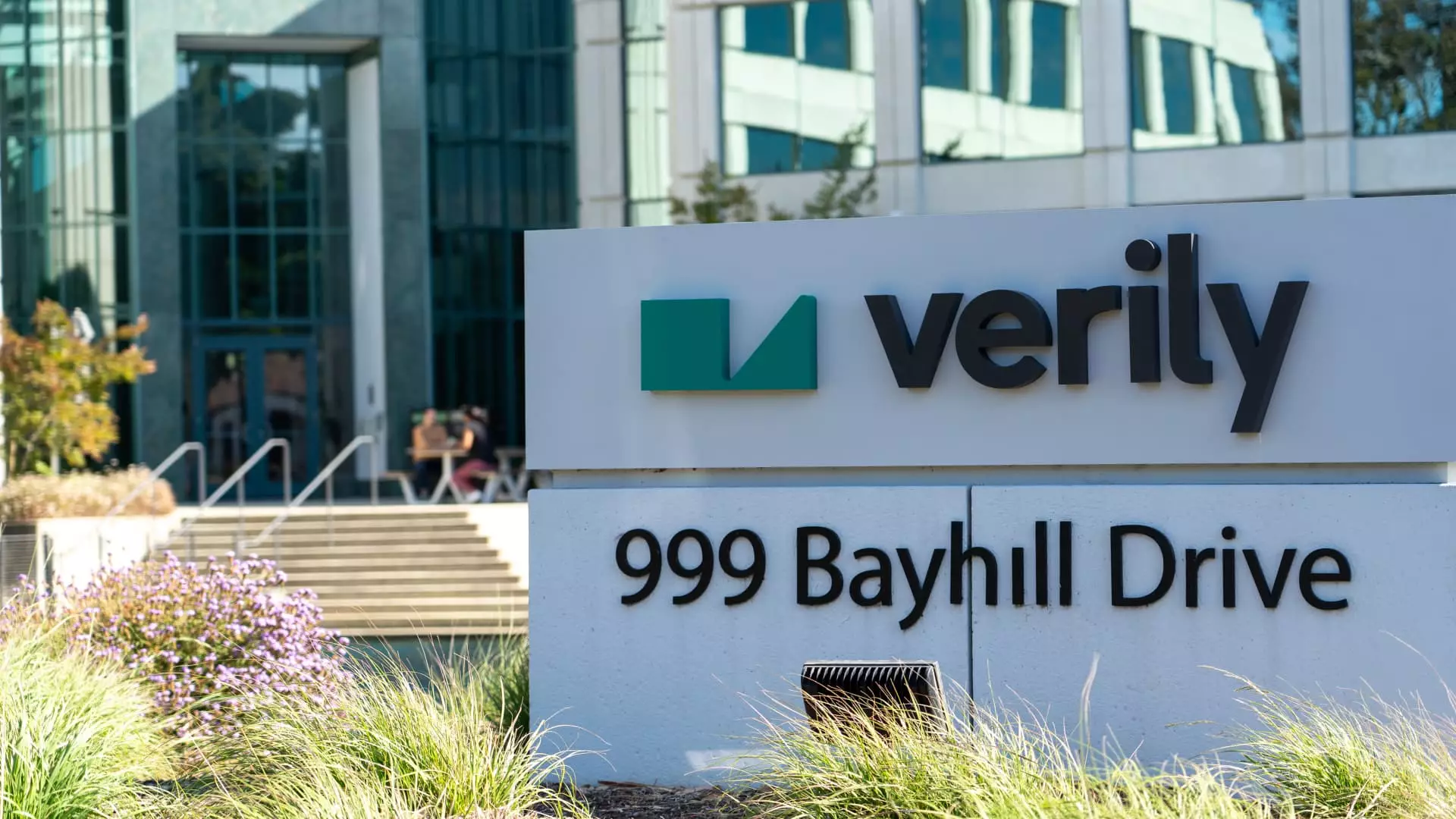Verily, a healthcare tech subsidiary under the Alphabet umbrella, is undergoing significant transformation. The company’s recent decision to sell its stop-loss insurance arm, Granular Insurance Company, to Elevance Health marks yet another shift in its strategic focus. This move highlights a broader trend in the health technology landscape, where companies continuously adapt to the ever-changing medical environment and consumer needs. As Verily navigates through these changes, it raises questions about its long-term vision and operational coherence.
Originally launched in 2020 under the name Coefficient Insurance Company, Granular was designed with the aim of providing innovative insurance solutions like medical stop-loss and fronting reinsurance to self-funded employers. Backed by significant investment from the Swiss Re Group, Granular aimed to leverage proprietary technology to differentiate itself in a crowded insurance market. The sale to Elevance represents not just a financial transaction, but a critical reassessment of Verily’s business model, suggesting that the health tech firm is prioritizing areas within healthcare that could yield more significant returns.
Verily’s journey has been punctuated by continuous pivots that reflect a struggle to find stability in the competitive healthcare sector. After its initial launch focused on innovative hardware, such as continuous glucose monitors, the company redirected its efforts toward pandemic response during the COVID-19 crisis, only to later turn its attention to precision medicine. These constant shifts raise pivotal questions about the firm’s identity and purpose in an industry that demands both consistency and adaptability.
While Verily has attracted notable talent, including executives from Apple and the FDA, the inability to stick to one clear niche seems to undermine its potential for long-term success. This struggle for a coherent direction perhaps explains the recent layoffs and restructuring within the organization.
In an effort to regain momentum and establish a firm foothold in healthcare innovation, Verily has introduced cutting-edge offerings, such as the AI-powered chronic care solution, Lightpath. Targeting metabolic health, the platform aims to empower patients, particularly those utilizing GLP-1 weight loss medications, by providing continuous monitoring solutions. However, the question remains as to whether these innovations will be enough to secure its place in the highly competitive health tech arena.
The sale of Granular could potentially allow Verily to refocus its resources on these promising initiatives, yet it also raises concerns about its viability as it distances itself from the insurance sector. In a field where integrated solutions often yield the best outcomes, Verily’s fragmented approach could hinder its operational efficacy moving forward.
As Verily continues to navigate through the shifting tides of healthcare technology, the sale of Granular Insurance marks a pivotal moment in its evolution. The challenges of staying relevant in a rapidly changing industry are not unique to Verily, but how it responds to these challenges will ultimately define its trajectory. Whether the company can unify its fragmented strategies into a cohesive vision remains to be seen, but one thing is clear: the road ahead will require more than just innovative ideas; it will necessitate a clear understanding of the healthcare landscape and the ability to adapt with consistency and foresight.

